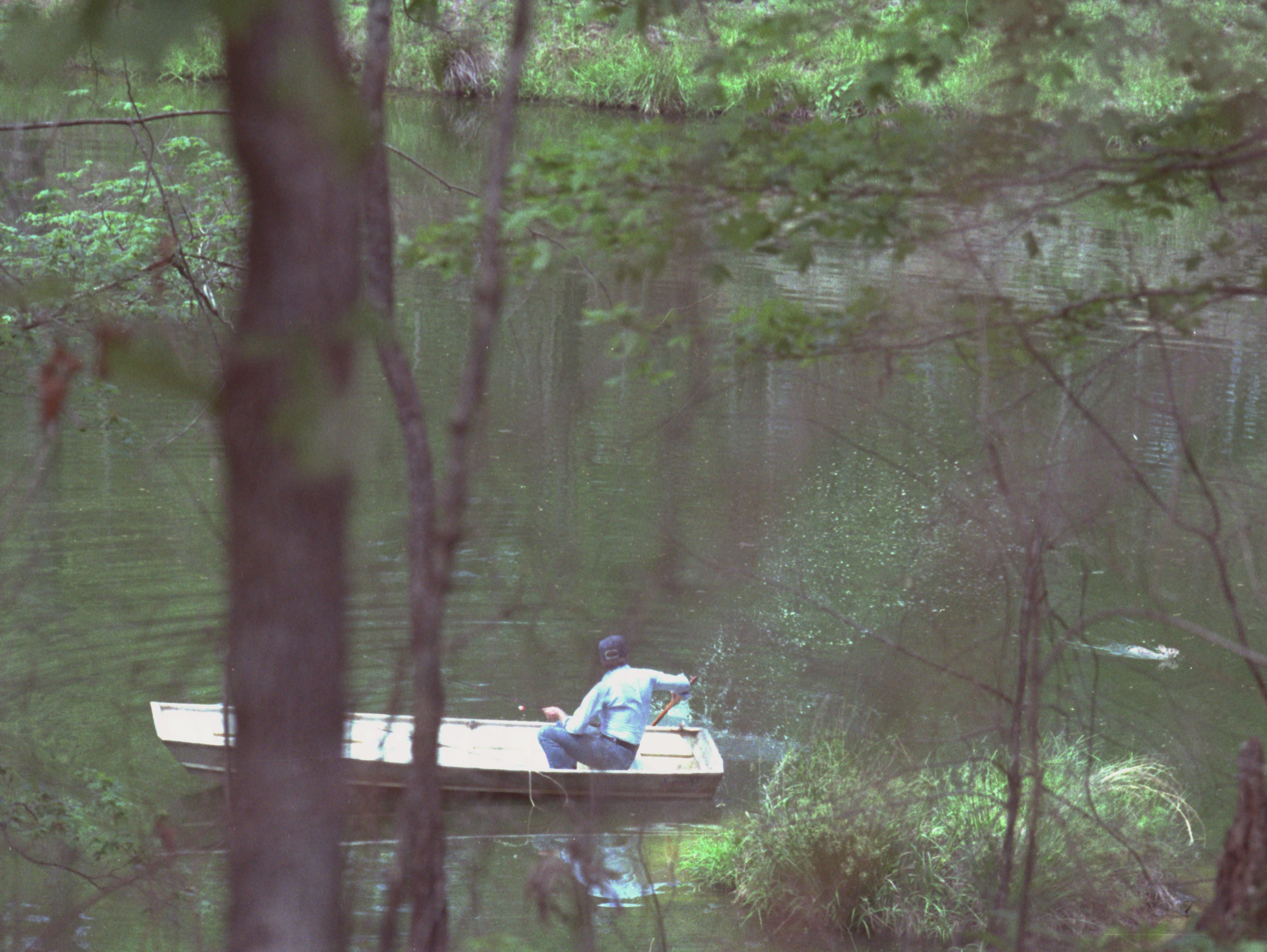Everyone reacts to tragic news differently. It all depends on a number of factors: Who is involved, how did it happen, how close are we to those who suffered and how did we learn about the news in the first place?
In some tragic situations, people have found that responding with humor, even very dark humor, is the best way to process tough information. Moments that might seem insensitive might in fact just be a perfectly natural part of the grieving process. And as time passes, it often gets easier to make light of some of the darkest of times.
History is no exception.
Think of jokes about the Lincoln assassination. In fact, you’ve probably heard a million COVID jokes already and maybe even some at your own expense.
And really, no matter the stomach you have for tragic humor, it’s undeniable the internet has completely changed the way we react to historical events. Everyone is allowed a take—what’s tragic to one is comedy to another. We can’t even agree on what facts are anymore, let alone what might be funny.
However, there are certain obscure moments of the past that can elicit a universal chuckle from anyone. Had these instances happened today, they surely would have broken the internet. But as it stands, they remain untouched.
We have Reddit user u/crooked_yellow to thank for this history lesson since they asked: “Which event from history will always be funny?”
Take a scroll through some of the answers below:
King Taejong, whose claim to fame is literally trying to cover up falling off a horse
“Ancient Korea had special recording officials, whose job was to record everything. They were considered separate from the government, so the emperor of the time wasn’t allowed to give them orders or tell them not to record something.
Of course, some emperors would try anyway.
On one occasion, an emperor fell off his horse while hunting. The recorder nearby wrote it down. The emperor insisted that it be removed from the record, and even tried to have the report destroyed.
This lead to some nonsense as the emperor kept destroying their work, but the recorders kept copying it and hiding it in increasingly obscure places. And of course, recorded the whole thing as it happened.
A few hundred years later, and the only thing that emperor is famous for is trying to hide the fact he fell off his horse.” —@lankymjc
Victor Lustig, the con man who sold the Eiffel Tower…twice
Okay, one might find it distasteful to marvel at a guy cheating people out of money, but the man was passionate about his hobby. He even made a list of 10 Commandments for would-be swindlers. So, you know, giving back to the community…right? And he was good at his job. Perhaps even more noteworthy than making a pretty penny off a tourist attraction is Lustig‘s famed Romanian Box the printed fake currency and conning Al Capone himself out of $5000.
As @bard-security astutely put it, “Victor Lustig is a freaking legend.”
The French Monkey who refused to be hanged
“During the Napoleonic wars a French ship sank off the coast of Hartlepool England. The only survivor was the captain’s pet monkey, which he always dressed in a French military uniform. The locals freaked out because the law was that any French military found on British soil must be executed as a spy. So they ordered the standard punishment spies. Death by hanging.
Except instead of dying, the monkey just kept climbing up the rope. Because it was a monkey.
Hartlepool has since embraced their failure at executing a tiny primate for military espionage. Their local football team is nicknamed ‘The Monkey Hangers.’” -@korar67
Xerxes, the Persian king who punished the sea for ruining his bridge
As the story goes, Xerxes tried to build a bridge across the Dardanelles to get to Greece faster. Alas, a storm destroyed the bridge. ‘”Infuriated with the sea,” Xerxes ordered his soldiers to punish it by whipping it with chains 300 times and poking it with red-hot irons. Handcuffs were also tossed into the water to symbolize the sea’s submission to his authority.
“Literal embodiment of old man yells at clouds’ energy,” quipped @Excellent_Routine589·
Behold…a thaogmizer
“In 1982 cartoonist Gary Larson drew a cartoon of a caveman giving a classroom lecture, pointing to the spikes of a stegasaurus dinosaur tail and calling that the thagomizer ‘after the late Thag Simmons.’
That particular arrangement of tail spikes had no name at the time, so scientists who were fans of Larson unofficially named it the thagomizer.” -@doublestitch
A most successful military campaign
“In 1866 when going to war, Liechtenstein’s army of 80 men came back with 81 men after making a friend from the enemies side.” —@DavosLostFingers
And last but not least:
President Jimmy Carter getting attacked by a rabbit while paddling around in a rowboat.
“The president was minding his own business rowing around a small pond and fishing when a rabbit left the shore and swam deliberately towards the boat, apparently crazed. Carter splashed the rabbit with water, driving it away from the boat. According to Press Secretary Jody Powell:
‘Upon closer inspection, the animal turned out to be a rabbit. Not one of your cutesy, Easter Bunny-type rabbits, but one of those big splay-footed things that we called swamp rabbits when I was growing up.
The animal was clearly in distress, or perhaps berserk. The President confessed to having had limited experience with enraged rabbits. He was unable to reach a definite conclusion about its state of mind. What was obvious, however, was that this large, wet animal, making strange hissing noises and gnashing its teeth, was intent upon climbing into the Presidential boat.’
Staff back on shore initially didn’t believe the president’s account, but a photographer managed to capture the moment:

<a href="https://upload.wikimedia.org/wikipedia/commons/7/79/Jimmy_Carter_in_boat_chasing_away_swimming_rabbit%2C_Plains%2C_Georgia_-_19790420.jpg">upload.wikimedia.org</a>
…Carter’s political enemies used the incident as fodder to show that he was weak and claimed that his response to the rabbit attack incited the Soviet Union to invade Afghanistan that same year.” —@bookem_danno
Jonesing for more? You can find the full hilarious thread here.
































